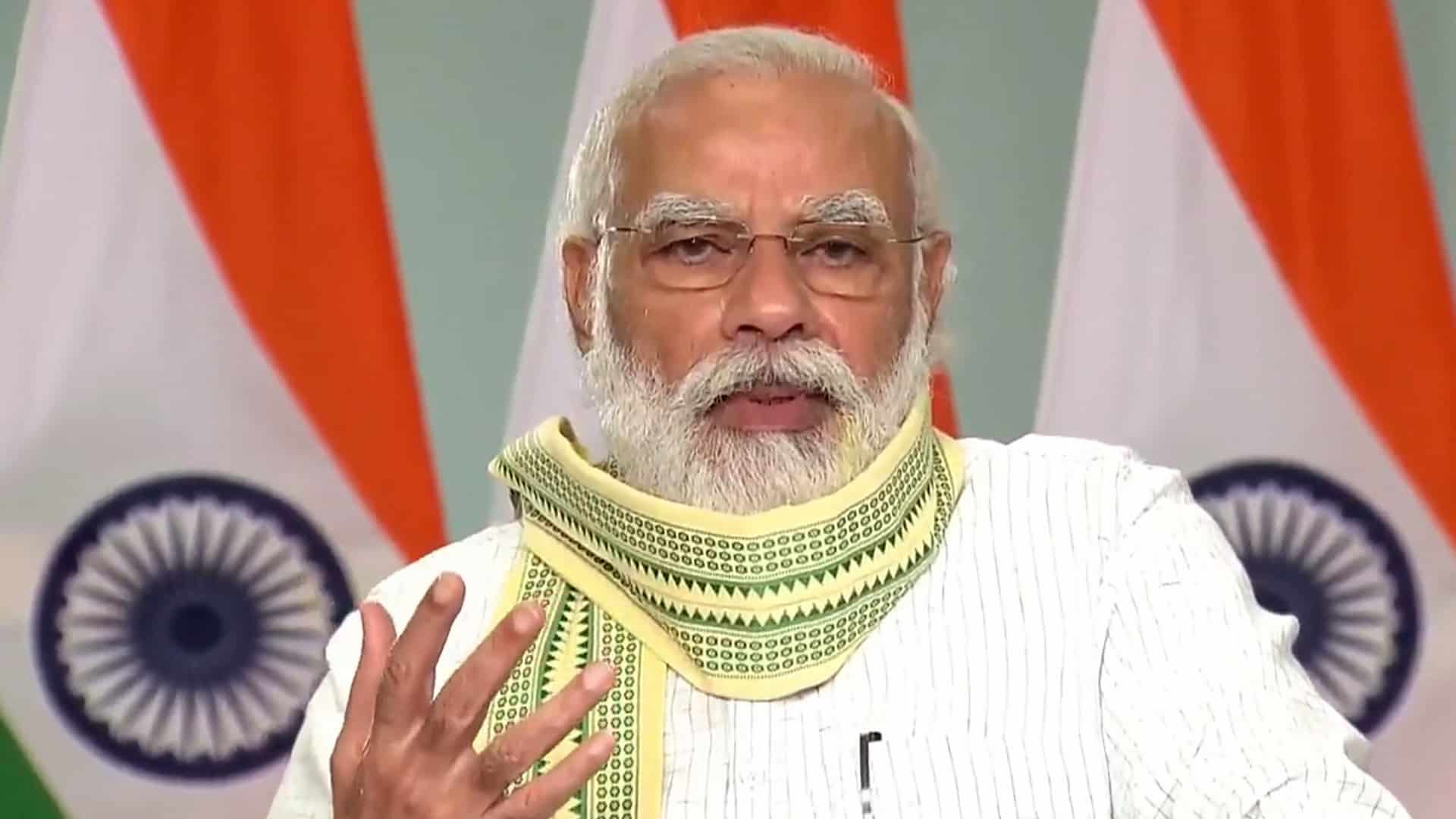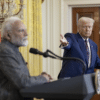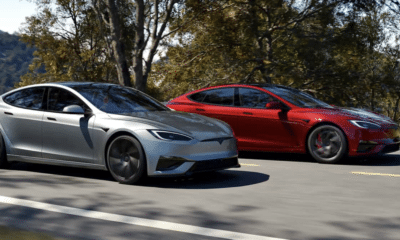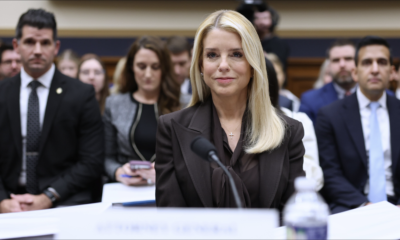PM Modi for protecting world from weaponisation of AI by non-state actors
Prime Minister Narendra Modi on Monday rooted for protecting the world against the weaponisation of artificial intelligence (AI) by non-state actors, saying accountability as important as transparency in the use of intelligence generated by machines. Speaking at the inauguration of the ‘RAISE 2020 Summit’ on AI, Modi said India is looking to become a global hub for artificial intelligence and will use a National Programme on AI for solving the problems of society. “It remains our collective responsibility to ensure trust in how AI is used. Algorithm transparency is key to establishing this trust. Equally important is accountability. We must protect the world against the weaponisation of AI by non-state actors,” he said.
He urged everyone to think about how the intellectual edge over machines can be retained and ensure human intelligence is always a few steps ahead of AI. He further said people should think about how AI can help humans increase their own capacities. Stating that AI is a tribute to human intellectual prowess, Modi said today tools and technology have also acquired the power to learn and think. AI is a key emerging technology and it teaming up with humans can do wonders for the planet, he noted. India, he said, has led the world in knowledge and learning at every step of history. “In today’s age of IT as well, India is making outstanding contributions. Some of the brightest tech leaders belong to India.”
The prime minister said the nation has also proved to be the powerhouse of the global IT services industry and continues to excel digitally. “In India, we have experienced that technology improves transparency and electronic delivery of services,” he said, referring to the government using bank accounts linked to biometric identification to deliver benefits to the intended people and plug diversions. With the world’s largest unique identity programme, Aadhaar, and the globe’s most innovative payment system UPI, access to digital services including financial services has been provided to poor and marginalised, Modi said. “In the pandemic situation, we showed how India’s digital readiness was of great help. We reached out to people for help at the earliest and in the most efficient manner,” he added.
The government is expanding the optical fibre network in the country with an aim to provide high-speed internet connectivity to every village, he said. “We want India to become a global hub for AI. Many Indians are already working in this area.” Also, the National Programme on AI will be dedicated to the rightful use of artificial intelligence for solving the problems of society. “It will be implemented with the support of stakeholders,” he said. He further said AI has a big role to play in agriculture, healthcare, education, creating next generation urban infrastructure and addressing urban issues like reducing traffic jams, improving sewage systems and laying energy grids. “It can be used for making our disaster management system stronger. It can even be used to solve the problem of climate change,” he said.
Stating that technology has transformed workplaces and improved connectivity, he said the merger between social responsibility and AI would enrich artificial intelligence with a human touch. The prime minister hoped many more Indians would start working on AI to help make India a global hub for artificial intelligence. The recently adopted National Education Policy 2020 focuses on technology-based learning and skilling as a major part of education, he said, adding e-courses will also be developed in various regional languages and dialects. This whole effort will benefit from Natural Language Processing (NLP) capabilities of AI platforms he said. Under the ‘Responsible AI for Youth’ program launched in April 2020, more than 11,000 students from schools completed the basic course, he said, adding they are now building their AI projects. Modi said the National Educational Technology Forum will create an e-education unit to boost the digital infrastructure, digital content and capacity. AI will unlock the unique potential of each person and empower them to contribute more effectively to society, the prime minister added.










































